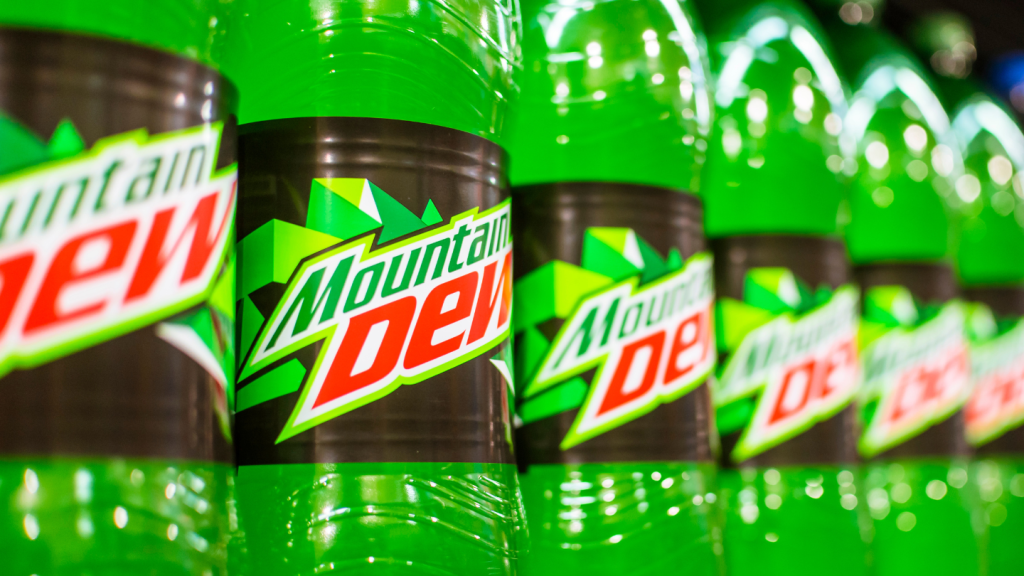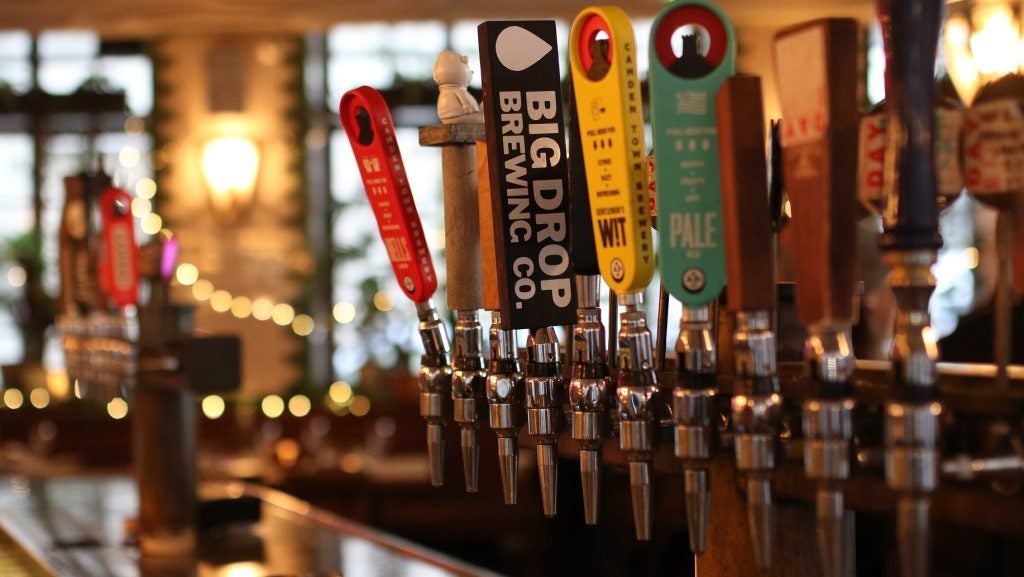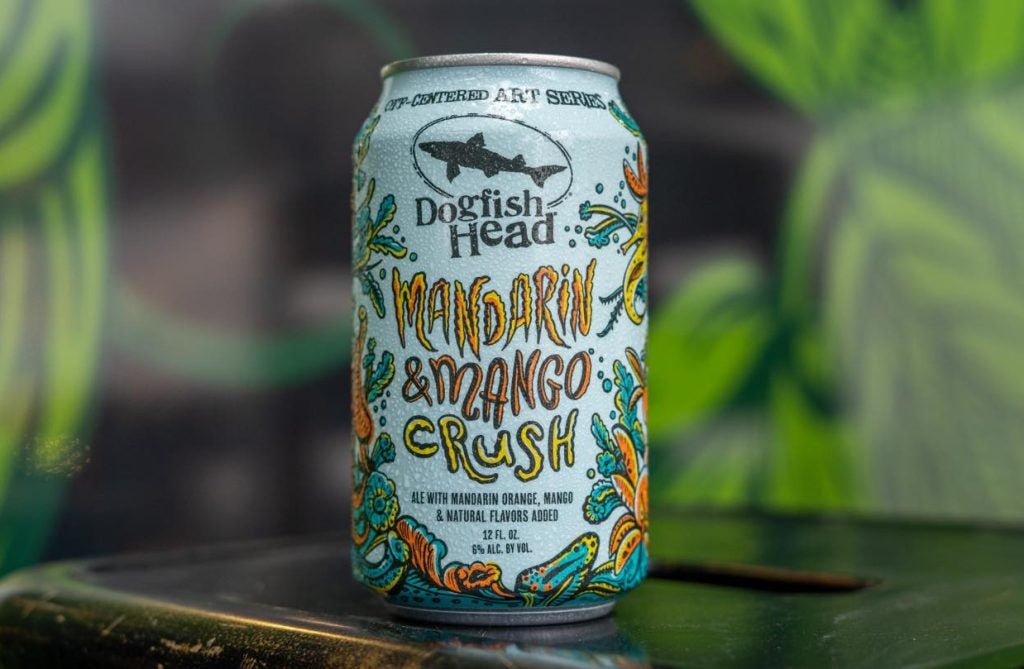Ray Rowlands, of Drinksinfo Ltd, explores medicinal water, a segment of the bottled water category that, whilst offering undeniable health benefits, has been largely rejected by the global consumer.
In a couple of years time, bottled water volumes will have overtaken carbonated soft drinks to become the world’s top-selling soft drink, in volume terms. That is something of an achievement for a product that barely featured on the consumer radar a few decades ago.
But, just what is bottled water? It can hardly be described as having a uniform identity; far from it. Bottled water can be still or sparkling, flavoured or unflavoured, spring, mineral or just plain tap water. In fact, if you drill down even further, the market begins to splinter into a multitude of overlapping segments, some of which have very specialised followings.
Take medicinal water, bottled water that offers naturally-occurring therapeutic properties. Water rich in calcium and iodine, for example, is alleged to be a cure for inflammation of the respiratory system. Calcium also strengthens bones. Water containing a strong level of sulphur is said to be helpful against deteriorating joint conditions. Higher magnesium intakes could reduce the risk of stroke. Radon water has a pain-killing effect. Water rich in dissolved carbon dioxide is supposedly beneficial for people with heart conditions, the list goes on.
Surprisingly, whilst water is essential for life, its use for medicinal purposes is far from achieving global acceptance. So far, medicinal waters have only found pockets of support. They are highly popular in Eastern Europe, for example. Many consumers in the region believe that waters with high levels of mineralisation are beneficial to health. In Russia, bottled waters naturally fortified with iodine are widely-prescribed in Siberia and the Urals because of a regional lack of this biologically-indispensable element in alternative water supplies.
See Also:
Outside of Eastern Europe, the only country with a high propensity towards medicinal waters is Germany. Medicinal waters used to be very popular here, due to their natural source and accepted health benefits, but the market is waning. Surprisingly, these products are often perceived as being outdated. Indeed, Eastern European demand is also failing to grow.
How well do you really know your competitors?
Access the most comprehensive Company Profiles on the market, powered by GlobalData. Save hours of research. Gain competitive edge.

Thank you!
Your download email will arrive shortly
Not ready to buy yet? Download a free sample
We are confident about the unique quality of our Company Profiles. However, we want you to make the most beneficial decision for your business, so we offer a free sample that you can download by submitting the below form
By GlobalDataTwo questions arise here. Why, as the global population is becoming increasingly health conscious, are medicinal waters failing to increase their share of throat in established markets, and why is international support for such products so restricted?
One issue, of course, is price. In Germany, a litre of Heppinger Heilwasser (medicinal water brand) can cost close to twice the price of a more mainstream bottled water brand, such as Gerolsteiner. Price has become significantly more influential in buying decisions, as consumers have cut back on expenditure in the face of uncertain economic advancement.
Secondly, there is the question of taste. High levels of calcium can produce chalkiness in the mouth; iodine has a metallic taste whilst sulphur tastes like, well sulphur.
Another complaint laid against medicinal waters is their staid image. Those most loyal to such products tend to be the elderly and, as their numbers naturally decrease, subsequent generations are not adopting the same drinking habits.
Meanwhile, an associated criticism is the lack of innovation when measured against the likes of sports and energy drinks, iced tea and juice drinks. The more widespread success of these competing beverages seems to suggest that consumers, on the whole, prefer flavoured and sweetened functional drinks. At the same time consumers are becoming more wary of fake products, dubious claims and possible dangers of over-consumption of medicinal waters.
Medicinal waters per se may remain anchored in Eastern Europe but this has not prevented bottled waters with artificially added functionality making an appearance on the world stage. However, excluding sweetened products (for example, Coca-Cola Co’s Glaceau VitaminWater), volumes have remained relatively low. For a while, Danone Activ, which contains calcium, made its presence felt on the UK market. But, functionality in the bottled water market has generally failed to impact in Western Europe. The Hartwall Novelle Plus range from Heineken, available in Finland, is possibly the main functional water sold in the region today. Variants contain various added vitamins and minerals. Similarly, Coca-Cola’s BonAqua brand is sold with added minerals in Hong Kong, although the presence of other functional bottled water brands in Asia is limited.
Even the massive US market is fairly limited in respect of functional bottled water brands. The main runner there is Glaceau. New brands are arriving, however: In April, the Balance Water Co introduced Balance Cleanse a premium, non-flavoured, American spring water infused with Australian botanicals to produce a diuretic benefit. This launch enhanced the company’s existing range of functional spring waters. Meanwhile, PepsiCo is said to be rolling out new bottled water in the US this summer. Fortified with a blend of electrolytes and minerals, Qua (initially named Om) will be filtered tap water that aims to take on Glaceau. I wish it every success.
But, so many products fail. Who in the UK remembers Crystal Spring Water Plus, Strathmore Plus and, of course Danone Activ?
While there is a need for waters with therapeutic properties, whether naturally occurring or with such functionality being added, it is no easy task to get consumers to take what is actually good for them. Hence, I suppose, the greater popularity of sweetened/flavoured, functional drinks.
Much like children being given a sweet as a reward for taking their medicine, sweetness and flavour help disguise any medicinal taste, and I guess we are all kids at heart.






